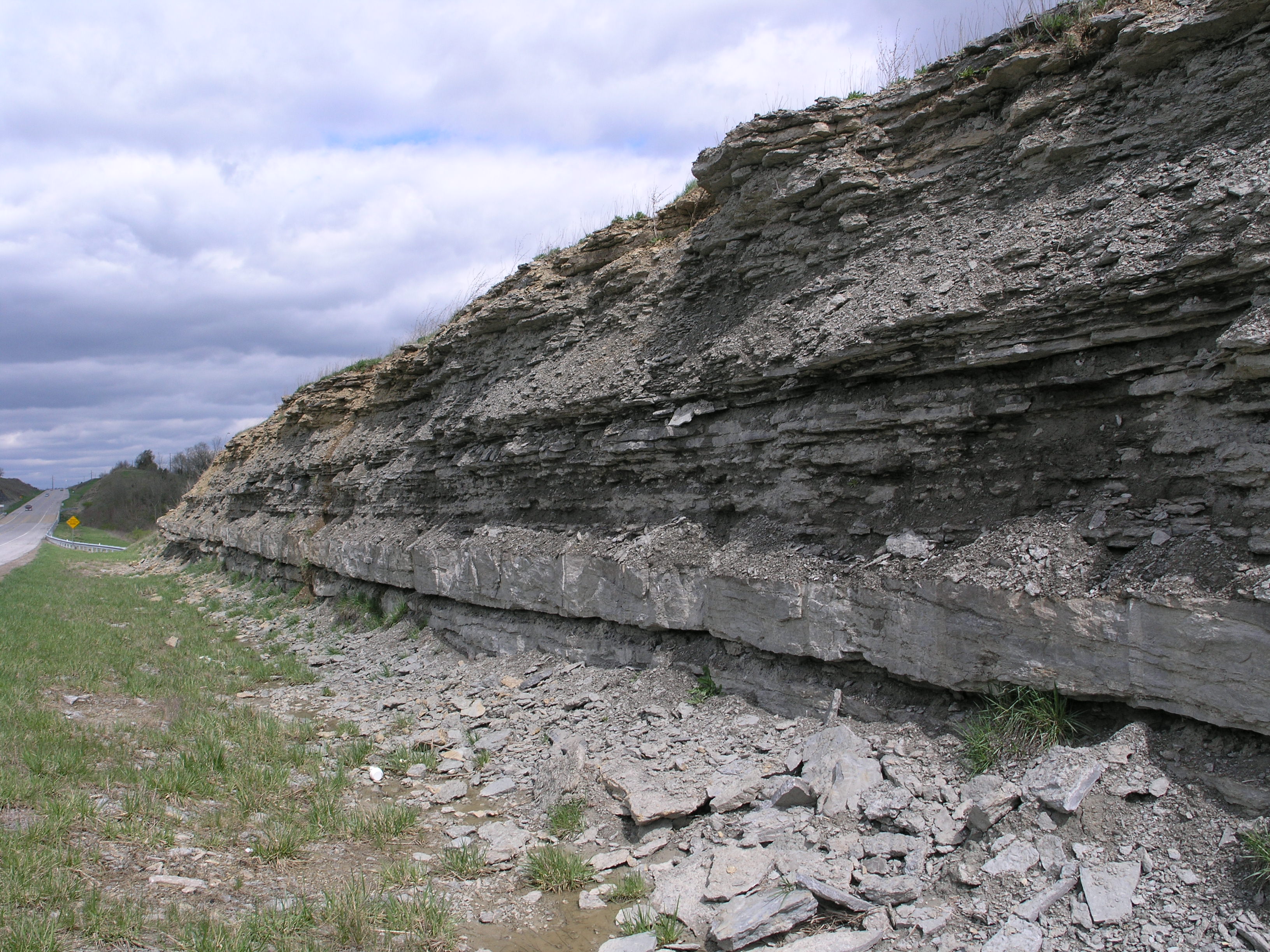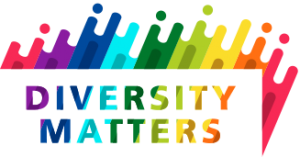For the past few decades, there has been a push to increase diversity in science. However, many of those efforts have been targeted at fitting members of under represented minorities within the structural framework developed in the early 20th century or before. When that structural framework was developed, the typical scientist was a white male who was either single or had a spouse who did not work outside the home. Such a profile no longer fits the majority of people who aspire to become professional scientists. Thus, in order to achieve full inclusion and enhanced participation in science, changes must be made to structural barriers that restrict participation in science.
Recently, the American Geophysical Union (AGU) adopted a new Scientific Integrity and Professional Ethics Policy that is a step forward in changing the scientific culture to reduce structural barriers to full participation in science. The AGU Board of Directors approved a revised code of ethics that includes language against sexual harassment, bullying and discrimination.
Here is the announcement of the policy: https://eos.org/agu-news/agu-revises-its-integrity-and-ethics-policy
Announcement from On The Prow: http://fromtheprow.agu.org/setting-the-bar-high-to-end-harassment-in-the-sciences/
And here is the policy itself: http://ethics.agu.org/files/2013/03/Scientific-Integrity-and-Professional-Ethics.pdf
This policy is a bold and necessary step forward in reducing structural barriers to participation by underrepresented minority groups. By including harassment, discrimination, and bullying as equally egregious types of scientific misconduct as classically recognized research misconduct like data falsification and plagiarism, this policy aims to provide a more equitable working conditions and that can foster truly collaborative and innovative science.
Importantly, AGU has provided not just a policy, but mechanisms to enforce the policy. I am particularly impressed that AGU has developed a process to mediate and handle misconduct that does not rise to the level of formal complaint.
Formal complaints are often met with backlash, which reduces the frequency that harassment, discrimination and bullying events are reported. So having a support system for incidents that may be perceived as a lower threat—at least initially—is really important. Many of the challenges that underpresented scientists face can be classified as microagressions, which build up over time and become significant factors in why members of underrepresented groups choose to leave science.
I am enthusiastic about AGU’s new ethics policy. Yes, a policy doesn’t change the culture of science overnight. But having strong policies like this will provide a pathway for the really needed and overdue culture shifts to operate and strengthen. By making discrimination, bullying, and harassment a mainstream scientific concern, AGU is taking a bold and meaningful step in building a better, more inclusive geoscience community.


